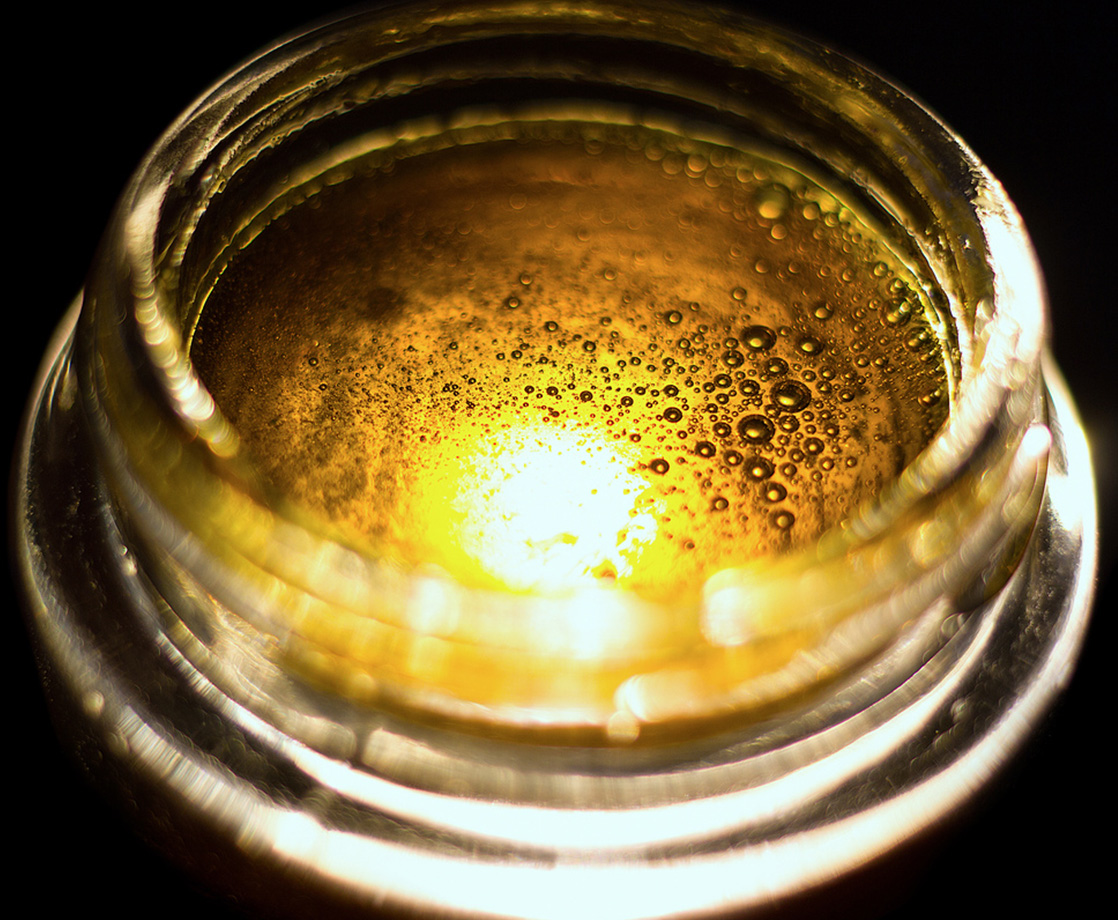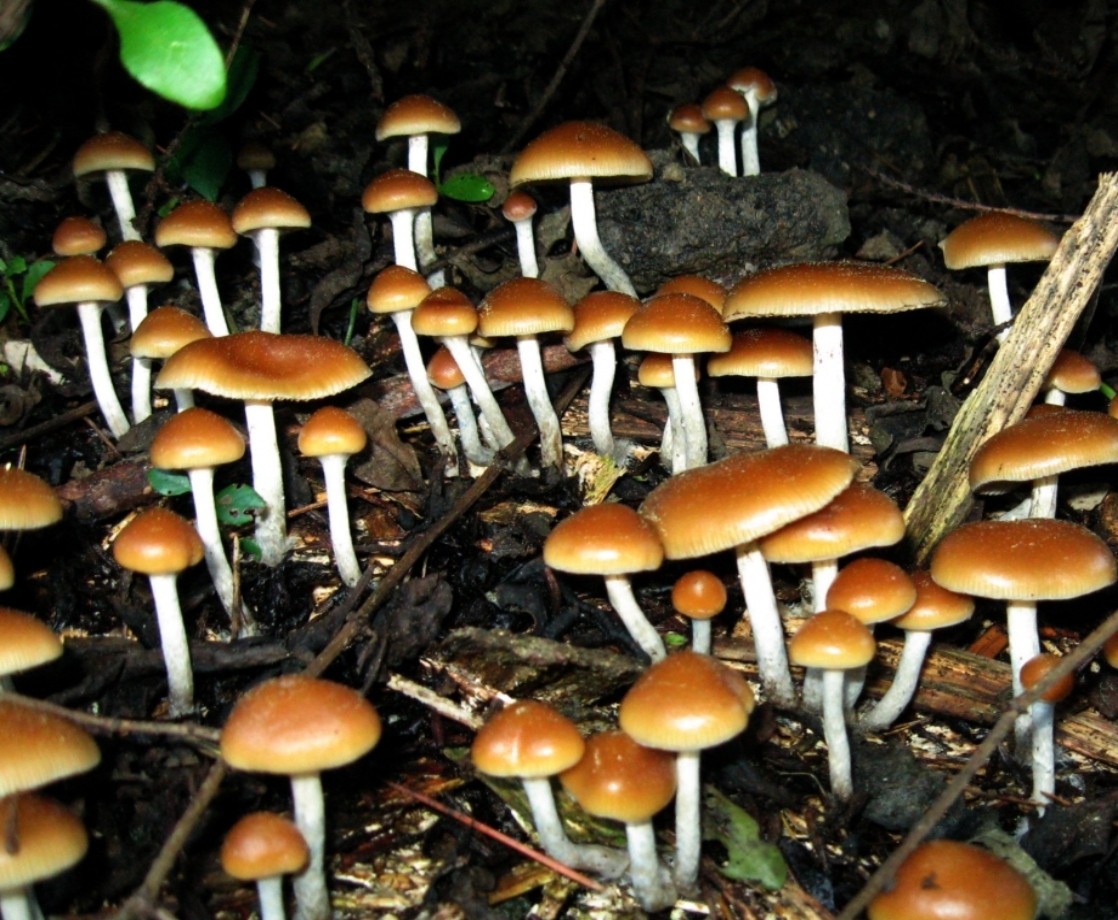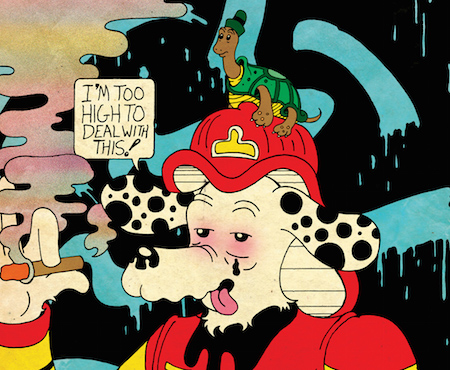Lead image via Flickr
The number of CBD extracts coming to market in canna-legal states is growing exponentially, but a new research study has found that the majority of these products are inaccurately labeled. Adjunct assistant professor of psychology Marcel Bonn-Miller and a team of researchers at the University of Pennsylvania tested the accuracy of these products' labels by purchasing 84 different CBD products online and conducting a chemical analysis of their contents.
The study, released this week in the Journal of the American Medical Association, reports that only 31% of the products they tested contained the precise amount of CBD that was advertised on the label. The analysis showed that 26% of the products had less CBD than advertised, while 43% had more. Researchers also discovered that some products were more likely to be labeled accurately than others. About half of the CBD oils were labeled inaccurately, but two-thirds of tinctures and around 90% of vaporization liquids were not labeled correctly.
Bonn-Miller told CNN that he wanted to conduct a "systematic evaluation" of CBD products so that consumers would know exactly what they were purchasing. The professor has described the current state of the cannabis industry as "the Wild West," and hence was not surprised by the results of the study. "Was I shocked? No. Was I disappointed? Yeah," he said. "It just got me thinking, we need oversight of this industry… [It's] one thing on the recreational side, but here we're talking about something that people are using almost exclusively medicinally. You don't get high off of CBD."
The study also reported that the "concentration of unlabeled cannabinoids was generally low; however, THC was detected in 18 of the 84 samples tested." THC is the psychoactive ingredient in cannabis, and its inclusion in a purportedly non-psychoactive medical product could have unexpected or troubling side-effects for the user. The presence of THC in a CBD product could also have legal implications in states that have only legalized CBD-based treatments.
CBD and other medical cannabis products are legal in 29 states, but the Schedule I classification of marijuana prevents the federal government from regulating the industry, as they do with all other drugs and health supplements. This lack of regulations has allowed some canna-businesses to get away with less rigorous quality control.
"If the FDA regulated this industry, we would be way better off," Bonn-Miller said. "They're good at regulating things. When you go and buy a prescription at a pharmacy, you know what you're getting. … [It's the] same thing for food. When you get a pack of Doritos or a Hershey bar, you know what it is."











